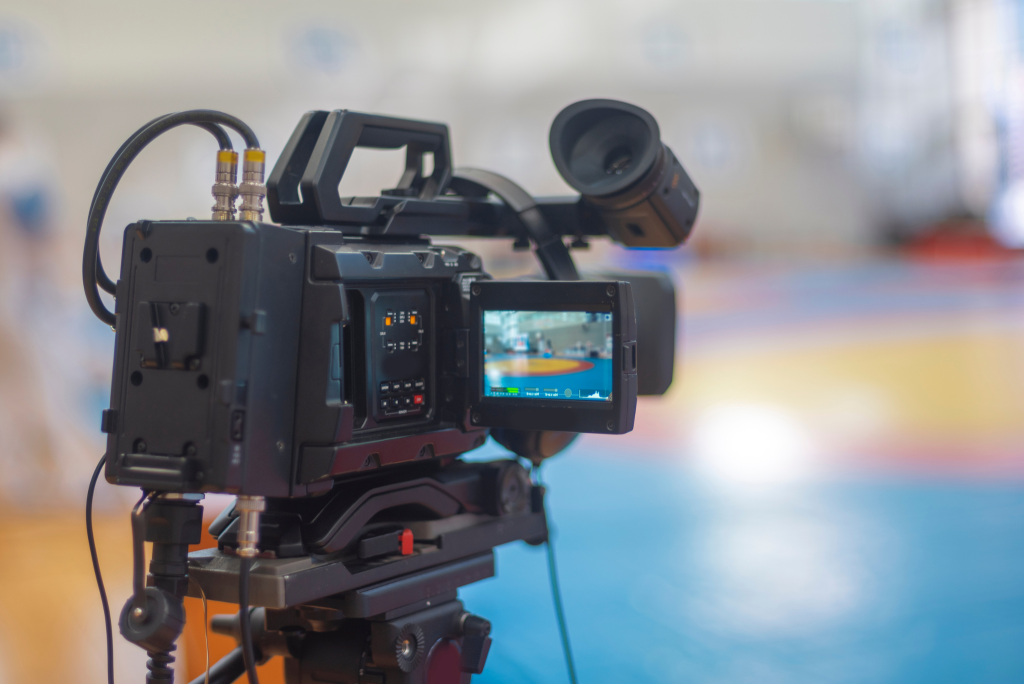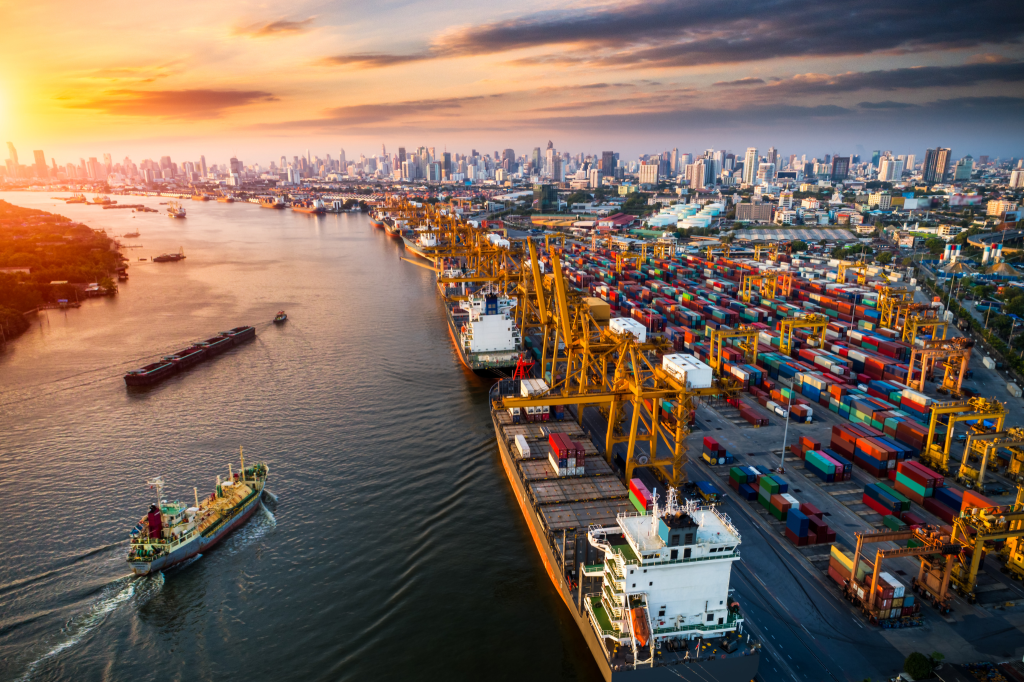Media companies worldwide secured the broadcast rights to bring the best of the Olympic Games to their audiences. IOR companies played a crucial role in making this possible.
The Olympic Games are among the most significant sporting events globally. The 33rd edition of the competition will take place in Paris from Friday, July 26 to Sunday, August 11. Thirty-two sports are on the schedule, spanning nearly a month and culminating in the Closing Ceremony. Over the 19 days of competition, 329 events will take place across 762 sessions. Tourists, athletes, and fans from around the globe will fill the streets of France.
Hosting the Olympic Games has a significant economic impact. Infrastructure investments, sponsors’ revenue, and broadcasting rights can generate substantial income. Additionally, the construction and enhancement of stadiums, transportation systems, and other public facilities can benefit local communities in the long run.
According to a French Center for Sports Law and Economics study, the Sports Summit is expected to generate an estimated economic impact of 7.2 – 11.1 billion euros (approximately $8 to $12 billion) in the Paris region. This revenue will come from private sources such as media rights, sponsorships, and ticket sales. More than 2.3 million visitors are expected, contributing around 2.6 billion euros in tourism spending. Additionally, public investment is estimated at 3 billion euros.
Media Coverage and Broadcasting
Every year, the Olympic Games draw extensive media coverage from around the globe. For this year’s edition, 6,000 press accreditations have been allocated for journalists, editors, photographers, and other print and photo media professionals. Many non-rights-holding broadcast and television organizations are also expected to attend and will receive accreditation to cover the event.
Several media companies have secured broadcast rights to bring the best of the Olympic Games to their audiences. In the United States, NBCUniversal is at the forefront, with NBC and its Peacock streaming platform offering comprehensive coverage of all sports and events. Additionally, Telemundo will provide extensive Spanish-language coverage, focusing on critical events and the U.S. teams, mainly men’s and women’s soccer.
Televisa Univision has acquired broadcast rights in Mexico and offers multiplatform coverage. Channel 5 will handle the television broadcast, TUDN will cover pay-TV, and ViX will provide streaming coverage.

Viacom18 has secured exclusive broadcast rights for India and the surrounding region, covering countries like Bangladesh, Bhutan, Maldives, Nepal, Pakistan, and Sri Lanka. In the U.K., the BBC and Warner Bros. Discovery have partnered to deliver extensive coverage across television and digital platforms.
The list of companies is extensive, with specific arrangements in each region and country. These strategic partnerships between the International Olympic Committee and major media companies will ensure that the Paris 2024 Olympic Games reach a global audience, allowing fans worldwide to follow this major sporting event.
Importing Broadcast Equipment
At Aerodoc, an Importer of Record company specializing in the technology industry, we have spent over two decades working with the world’s largest broadcasting companies to facilitate the entry of their equipment and technological devices into countries hosting world-class events, such as the FIFA World Cup, Olympic Games, political summits, international festivals, and more.
Dan Zonnenschein, COO at Aerodoc, explains that “importing for these types of events requires a lot of coordination because they are very stressful periods where every day counts. If you miss a day of the event, it’s irrecoverable.” He continues, “It requires highly coordinated work with meticulous supervision of the agreed-upon dates to ensure our clients don’t miss any planned activities with their equipment.”

Aerodoc’s Temporary Import Service
In these situations, the equipment is imported temporarily. Zonnenschein clarifies that temporary importation is not considered an import in the traditional sense, as the asset is not technically transferred to the entity bringing it into the country.
“This process is used when an asset is brought into the country for a specific purpose and then re-exported,” Zonnenschein explains. For instance, if a rock band wants to perform a concert with its equipment, it will import and export the necessary items once the event ends. The same applies to a Formula 1 race, a sports match, or the Olympics.
In such cases, an Importer of Record company plays a pivotal role, assuming responsibility for the temporary import and providing the address and contact information of the individual responsible for maintaining the asset within the country.
“One of the key benefits of a temporary import is that it avoids paying entry taxes. “If anything,” says Zonnenschein, “there may be some duty to pay.” Generally, the IOR pays a fee as a guarantee, which is then refunded when the product is returned abroad.
Contact our experts to learn more about Aerodoc’s temporary import services.




